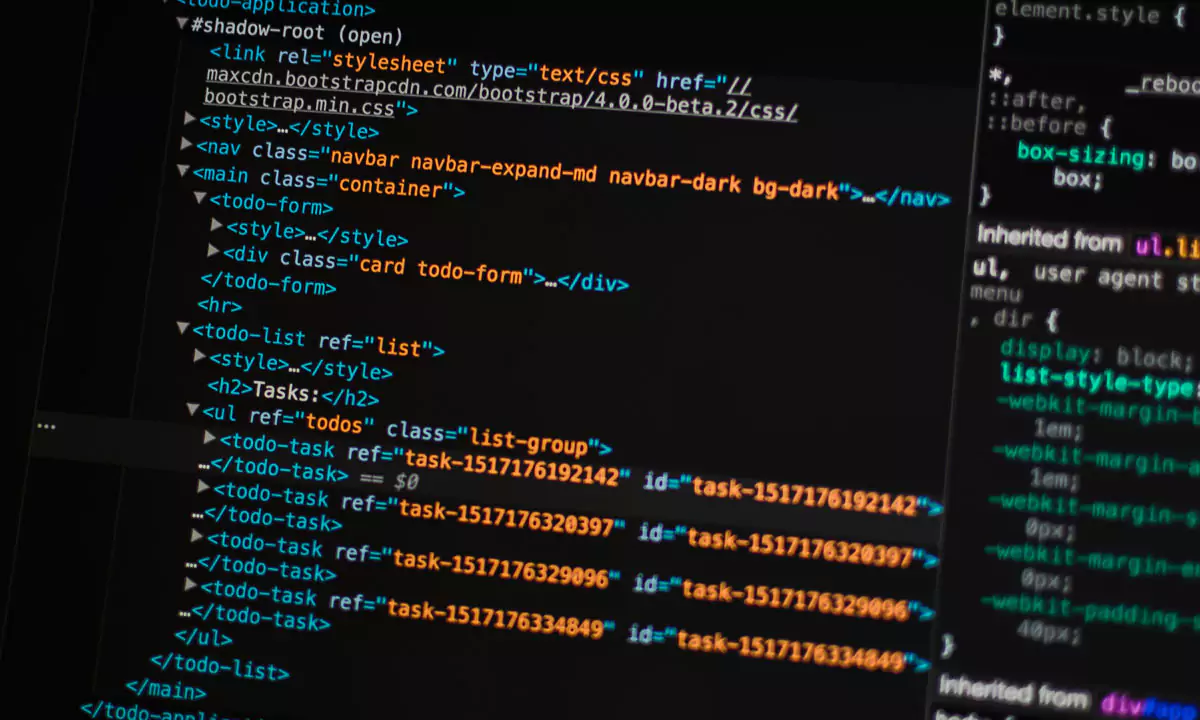The process of developing software must include code reviews. They aid in ensuring that your code is of a high caliber, satisfies your needs, and is simple to maintain. We'll discuss the value of code reviews and recommended strategies for performing them in this article.
Catching Errors Early
Early in the development phase, code reviews can aid in the discovery of errors. It is possible to find syntax problems, logical errors, and other bugs by reviewing code before it is submitted to the repository. By avoiding errors from spreading throughout the rest of the codebase, you can save time and resources.
Improving Code Quality
Your code's quality will increase as a result of code reviews. You can find areas for improvement and recommended practices to adhere to by asking another developer to review your code. Code reviews can also assist in making sure that your code adheres to accepted coding standards and conventions.
Sharing Knowledge
Code reviews provide an opportunity for knowledge sharing among developers. By reviewing code from other developers, you can learn new techniques, approaches, and best practices. You can also share your own knowledge by providing feedback and suggestions to other developers.
Fostering Collaboration
Code reviews provide engineers the chance to share their expertise. You can pick up fresh methods, strategies, and best practices by looking at other developers' code. By offering advice and criticism to other developers, you may also impart your own knowledge
Promoting Cooperation
Collaboration among developers is facilitated via code reviews. Developers can collaborate to solve issues and raise the general standard of the codebase by looking over each other's work. A deeper understanding of the codebase, more effective workflows, and improved teamwork can all result from this collaboration.
The Best Practices for Code Reviews
Establish Code Review Guidelines
The criteria for reviewing code, the review procedure, and the feedback method should all be clearly outlined in the rules for conducting code reviews. This makes it easier to make sure that everyone is speaking the same language and that the review procedure is fair and efficient.
Involve the Right People
Engage the appropriate individuals in the code review procedure. This comprises programmers who are acquainted with the codebase, subject matter specialists, and other stakeholders who can offer insightful criticism.
Review Small Chunks of Code
To guarantee that the code review procedure is quick and effective, review tiny sections of code at a time. Additionally, it guarantees that the code is simple to read and review.
Provide Constructive Feedback
Provide frank, respectful, and constructive criticism that is precise and doable. This makes it more likely that the input will be accepted favorably and the code quality will increase.
Action Plan for Feedback
Review the suggestions made during code reviews. This makes it more likely that the criticism will be taken into account and the code quality will rise.
Code reviews are a crucial step in the software development process, to sum up. They promote cooperation, enhance code quality, early mistake detection, and information sharing. Establish clear criteria, involve the appropriate individuals, examine tiny pieces of code, offer constructive criticism, and follow up on offered criticism in order to conduct effective code reviews. You may raise the overall quality of your codebase and guarantee the finest possible software by adhering to these best practices.

